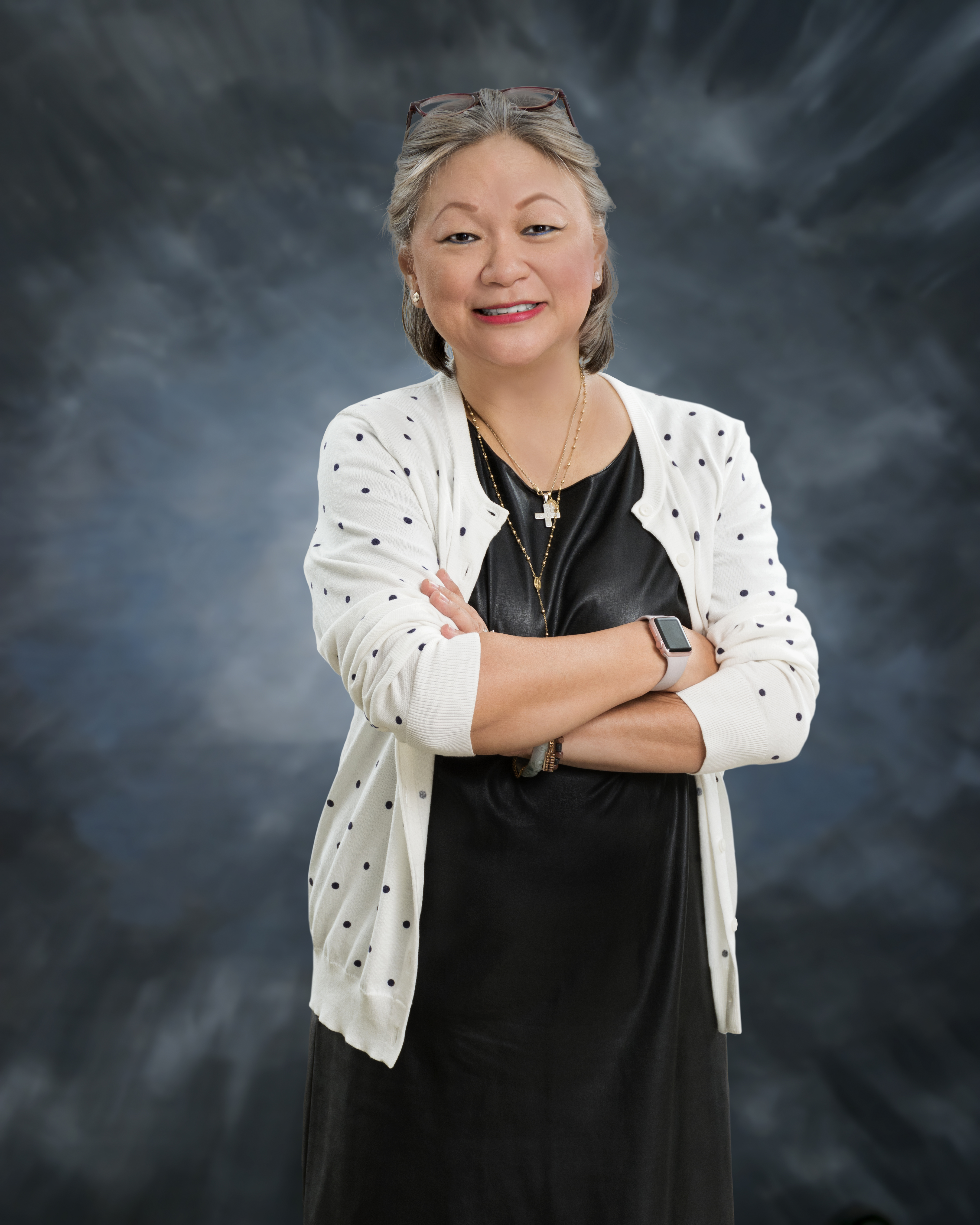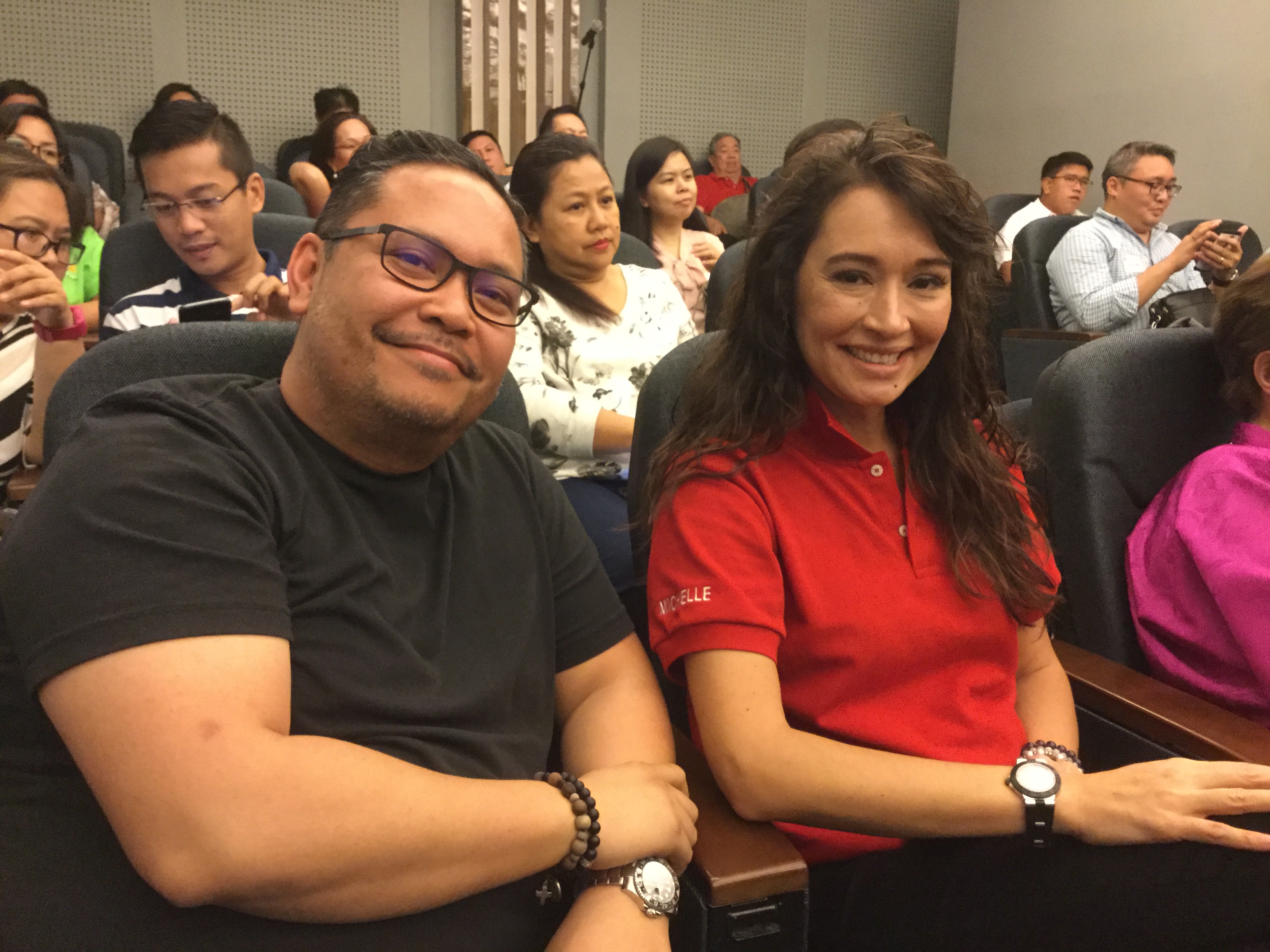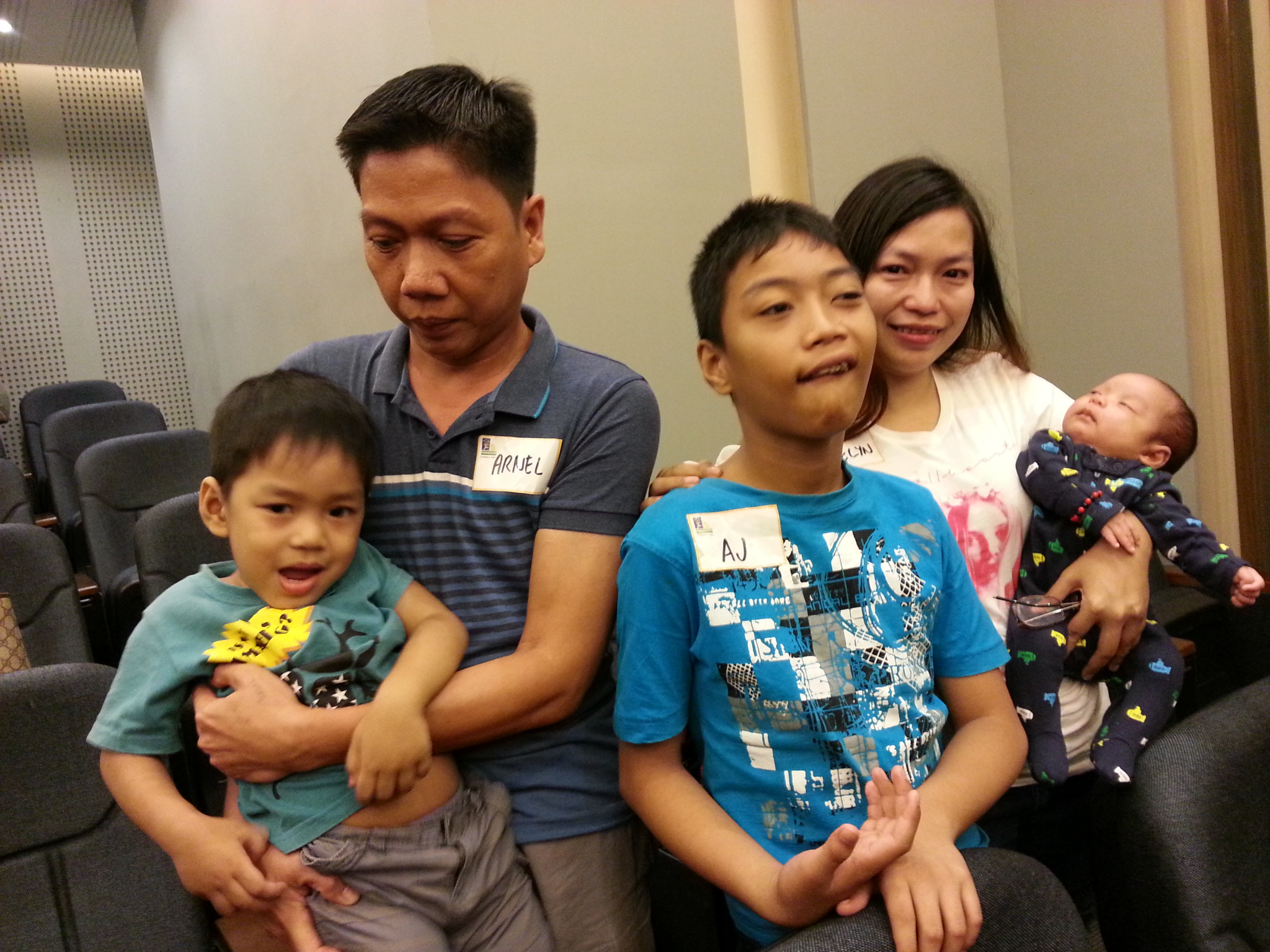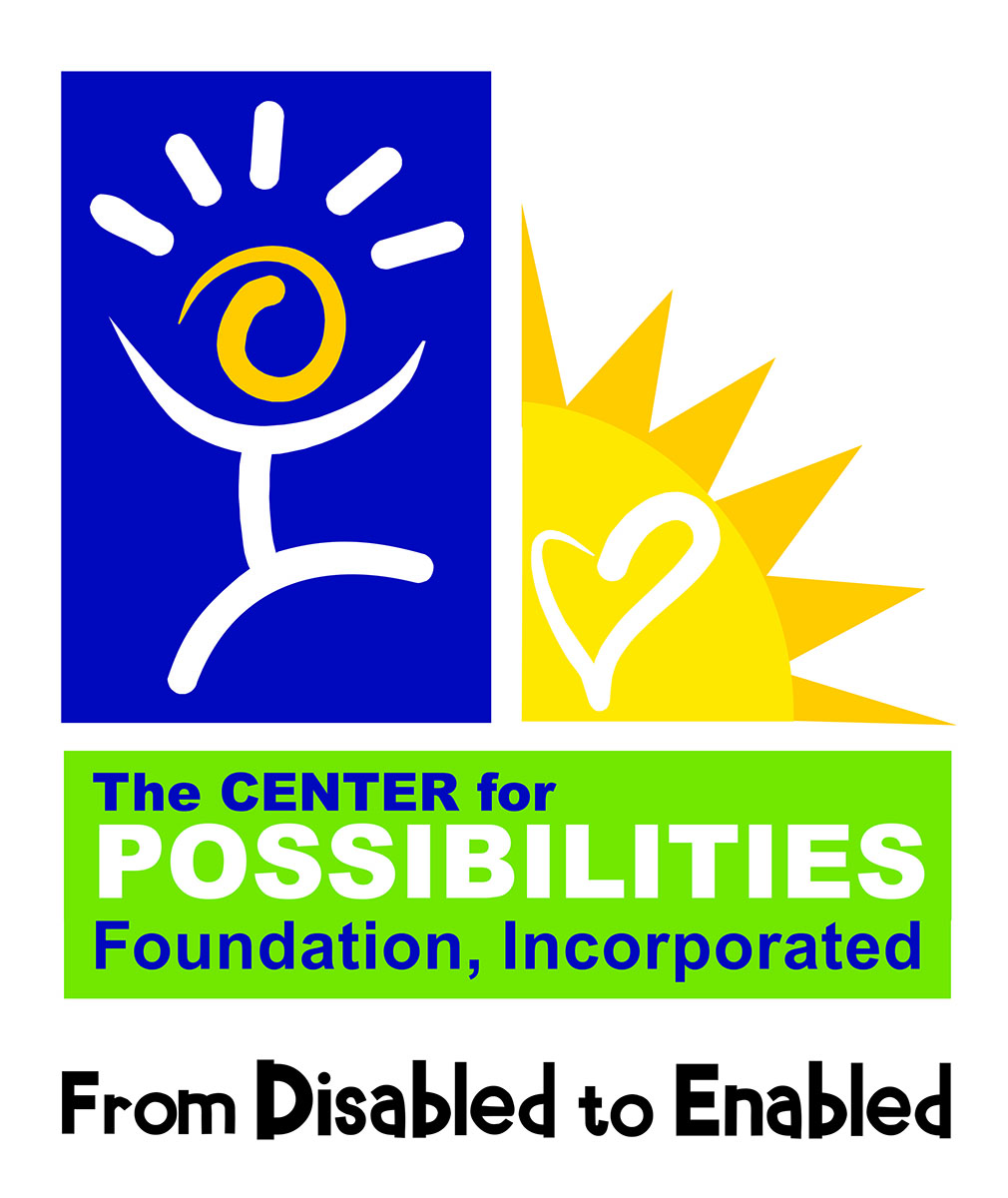“Everyone is special in different ways”
I grew up in a time when there were labels for people with physical and mental disabilities which are considered totally inappropriate, insensitive and discriminatory today. In my own family, we had our share of relatives who had some form of disability. My Mom’s younger brother had developmental delays and, without faulting her for it, because it was acceptable back then, she would refer to my uncle using the R word – retarded. There were other labels that I heard in those growing-up days – Mongoloid, albino, Negro, and other terms that are considered taboo these days.
It must have been hard for my lola to have a mentally challenged child. People who did not develop mentally at the same rate as most people were bound to be ignored, teased and bullied, even ostracized. My lola opted to keep my uncle with her and she took him everywhere! But other than being her companion, he had no contribution to society. My uncle was high functioning. He stammered but could communicate and be understood. Thinking about it now, he would be quite an asset. But there were no support groups that could have given her comfort or taught her how to make my uncle a useful citizen in society.
I totally got Dolores Cheng, founder of The Center for Possibilities Foundation (CFP), when she told us what prompted her to put up CFP.
” It was my own coming to terms with the condition of my son. There were no support groups for his particular type of disability, I didn’t know where to go, who to see, where to find what I needed to know. I wanted to understand what it meant to raise a child with special needs. So I thought that maybe if I formed a group of my own, I would be able to ring a call to other people who might be in the same boat and need some help.”

A decade later, CFP now engages in teaching skills and promoting inclusion in undeserved sectors through support groups, literature, film showing, and orientation. They have published books on people with special needs and have even organized sports events to allow these special kids’ athletic skills to shine.
Their biggest undertaking to-date is a feature film called “Yakap” (Yakap means embrace). I attended the media screening of the film and the story of the three people featured touched me so much.
The feature film focuses on the lives of three special people: Evangeline “Gelli” Aventajado, a 4-year old with Down Syndrome; Aaron Joshua “AJ” De Quiroz, an 8-year old with epilepsy, Autism, and Global Developmental Delay; and Kevin Avelino, a 45-year old with Global Developmental Delay.

Their stories are told from their parents’ points of view. Everything was raw (meaning not scripted), natural and unplanned. The families were shot in their homes and in their natural surroundings.
Watch this trailer:
As I sat among the other media people watching the film, thoughts ran through my mind.
- Courage – Theirs were stories of true courage. From their stories, I could see it was not an easy journey for them to accept that they had a kid who needed special attention for life. I heard them share their struggles and fears. But in the end, they embraced their kids as their own and raised them around normal surroundings. That was not all. The courage I saw was also in these kids. I could clearly see the bravado of these three kids featured. It is a testament to these kids’ parents that their care and unconditional love helped boost the self-esteem and confidence of these kids.
- Special needs people can be useful members of society – Kevin made a very strong impression on me. Imagine, he made himself useful taking care of the needs of other special needs people who were in worse shape than him. I thought of my uncle and felt some sadness that he never had the chance to make himself as useful as Kevin, who exuded a lot of self-confidence in himself. He is living proof that special needs persons are not a ‘burden’ but can actually be turned around to become useful citizens.
- Community awareness has greatly improved but still needs a lot of work -Today we have come a long way but more can still be done. Those discriminatory adjectives I heard as a young girl have now been replaced by more sensitive and appropriate terms. Mental health is now slowly being recognized as a medical condition that needs treatment, therapy, and acceptance. Still, challenges remain. Families with special needs members need continuing support. The general public also need to be more aware of the different mental conditions that pose challenges to so many families. Families that are educated and financially blessed have the tools and resources at hand to support family members with special needs; the same is not true for poor families who have no access to any kind of community or financial support.

What does CFP hope to achieve through the film?
The “Yakap” film aims to help raise awareness in different communities and to bring it to as many people as possible. Dolores says “In line with CFP’s vision, we wish for all children with disability to be embraced into the mainstream of our lives and to be treated the way we treat each other — with compassion, respect, dignity and acceptance.”
CFP plans to solicit support to build and operate Special Education (SPED) Centers for indigent and underserved communities, for children with special needs who are undiagnosed and untreated.
Another CFP hope is that government will put into place systems and infrastructure that can support persons with special needs.
How can you help?
CFP hopes to bring the “Yakap” film to different places and generate greater awareness for the need to respect the potential and promise of persons with special needs. I believe that schools that do not have special needs children among their students can gain a lot by promoting inclusion, compassion, and acceptance among their students. CFP can do special screenings, visit schools, and be willing to tie up with community organizations.
If you are part of a school or organization, please consider contacting CFP for a special screening. These can be arranged through CFP at centerforpossibilities.asia or (02) 723-1242 / (0918) 888-1759.
More about the “Yakap” Film
Yakap is a 54-minute film produced by Dolores Cheng and directed by Danny Anonuevo. It took three years to produce due to lack of funds that postponed production several times. Music was composed by Jessie Lasaten and the post-production color grading was done by Issa Gonzalez. The 54-minute film is capped off by a music video with lyrics that Dolores wrote with music by Charo Unite.
“Yakap” is supported by Rustan’s Commercial Corporation, Gruppo Mobili Philippines, Inc., AY Foundation, Inc., Royal Duty Free Subic, Marks & Spencer, Mamou Restaurant, Ralph’s Wines & Spirits, Rustan Marketing Corporation, Coca-Cola Bottlers Philippines Inc., Leslie Corporation – Clover Chips, Miladay, Orogem, The Phinma Foundation, Inner Peace Foundation Inc. Manila, Music Master (Music School & Recording Arts), nananadal Public Relations & Events Management, Philippine Daily Inquirer, The Philippine Star, Crossover 105.1 FM, and Retro DCG-FM-105.9.

